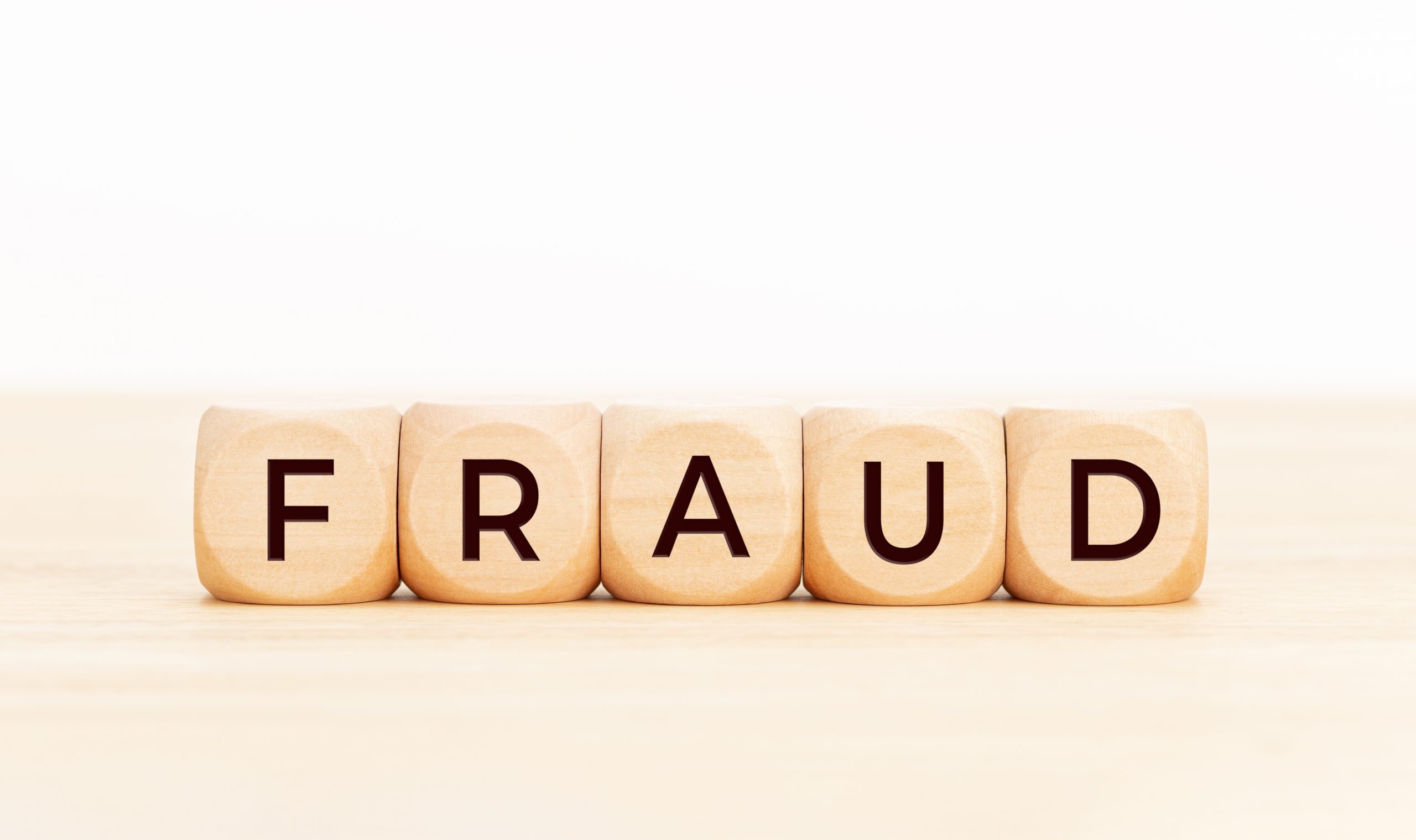
The COVID-19 Pandemic has not only thrust the world into chaos but with record numbers of people now working from home, scammers have taken the opportunity to use the pandemic to target more and more people. Record numbers of scams have sprung up over the last year and with so many of us working from private VPN’s scammers have used this to their advantage. Now officials are warning the problem is so bad, members of the public need to educate themselves if they want to keep their bank accounts safe.
Some scams have seen people lose their entire pension pots, while for others that may be struggling due to the pandemic and job losses, may also have been targeted by scammers posing as people trying to help those struggling financially. Some of us may have been able to save a little during the lockdown as we have been highly restricted in our activities, but these people have also been targeted in travel scams and fake products being advertised. Whilst many of us have been struggling because of the pandemic in one way or another, it seems the fraudsters have used it as an opportunity to target as many people as possible with new scams designed to hit us where it hurts.
It is now more important than ever to make sure we know what scams are around and how to avoid them. The pandemic has created a surge in scams at levels never seen before and no-one with a bank account is safe. The list below is the top 5 scams officials are warning we all need to be on the lookout for, regardless of age and wage packet scammers are targeting everyone.
- Holiday Fraud: Now that some of us may be able to look at booking a summer getaway or mini break we also need to be careful we are not too eager to book up a bargain online. Even simply entering your details into a website could open you up to the possibility of being defrauded so here is how to avoid losing your precious pounds when booking a holiday. Holiday fraud includes fake accommodation listings for hotels, self-catering etc that do not actually exist. It also includes package holidays and flight deals that are offered at highly discounted rates. Before booking anything online, check the provider is registered with ABTA by verifying their registration through the ABTA website. Criminals can easily paste the logo on their fake sites, so it is important to double check this before handing over any money. Ensure the company is credible, check multiple trustworthy review sites for confirmation.
- Tax scams: Criminals have gotten quite creative with tax scams lately and have even cloned HMRC’s actual number and called people up claiming they owe money and if they do not pay, they could be arrested. This can be quite alarming for an individual who may be isolated or living alone and often people do fall for it as criminals are very creative and manipulative in their tactics. Before handing over any money hang up and call HMRC yourself to verify this is a real phone call.
- Fake vaccines: The NHS has been texting people who are able to go for a vaccine and criminals have been taking the opportunity to use this to harvest people’s personal information to ultimately gain access to their bank accounts. They will send out texts which redirect people to criminal sites which then ask you to put your personal information in. However, the NHS does not require you to do this or make any payment, if you receive a text like this ignore and delete it.
- Fake jobs: Theses scams have been targeting younger members of our society who may have lost their jobs. They are contacted through fake job advertisements on social media or through legitimate job search engines. Job’s typically offer larger sums of money for very little work to attract people but what ends up happening is the victim is then lured into acting as a money mule for a criminal gang. Job hunters are being urged to do their research first before entering any of your personal details online. A big thing to look out for is jobs advertised that have poor English with spelling and grammatical mistakes, these are nearly always fake advertisements.
- Pension scams: Finally, one of the worst scams and for victims the repercussions can be devastating. Pensions scams are on the rise again despite warnings and new legislations brought in to protect people. Pension pots are often very large, and people can risk losing everything if they engage with a scammer. A criminal will typically contact a victim out of the blue to discuss re-investing their pensions. The best way to protect your pension is to reject any offers from companies and individuals you do not know. There are too many scam companies operating so if you are tempted to move your pension, check the FCA register first to see if they are authorised.

